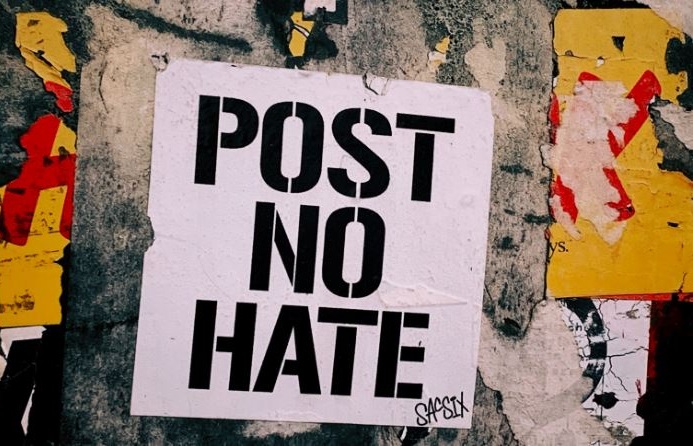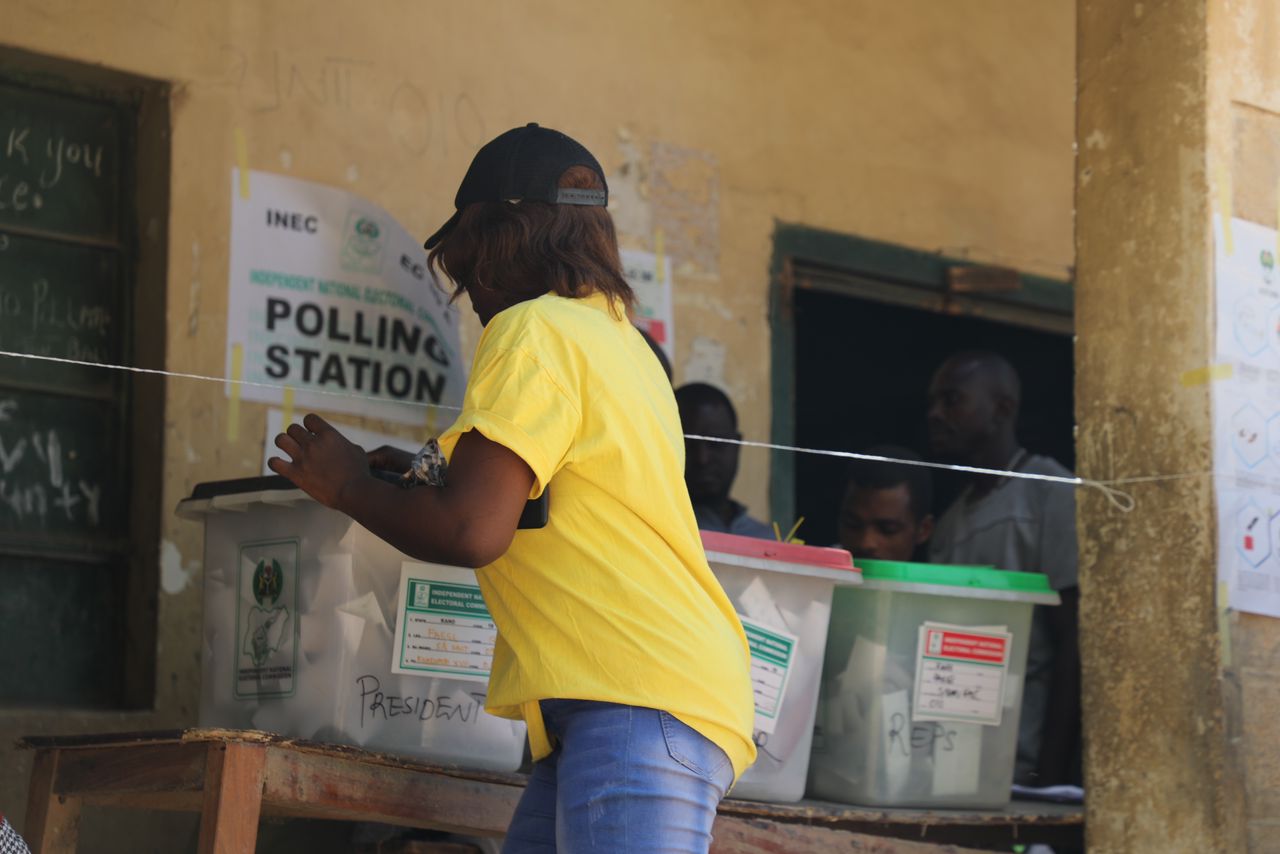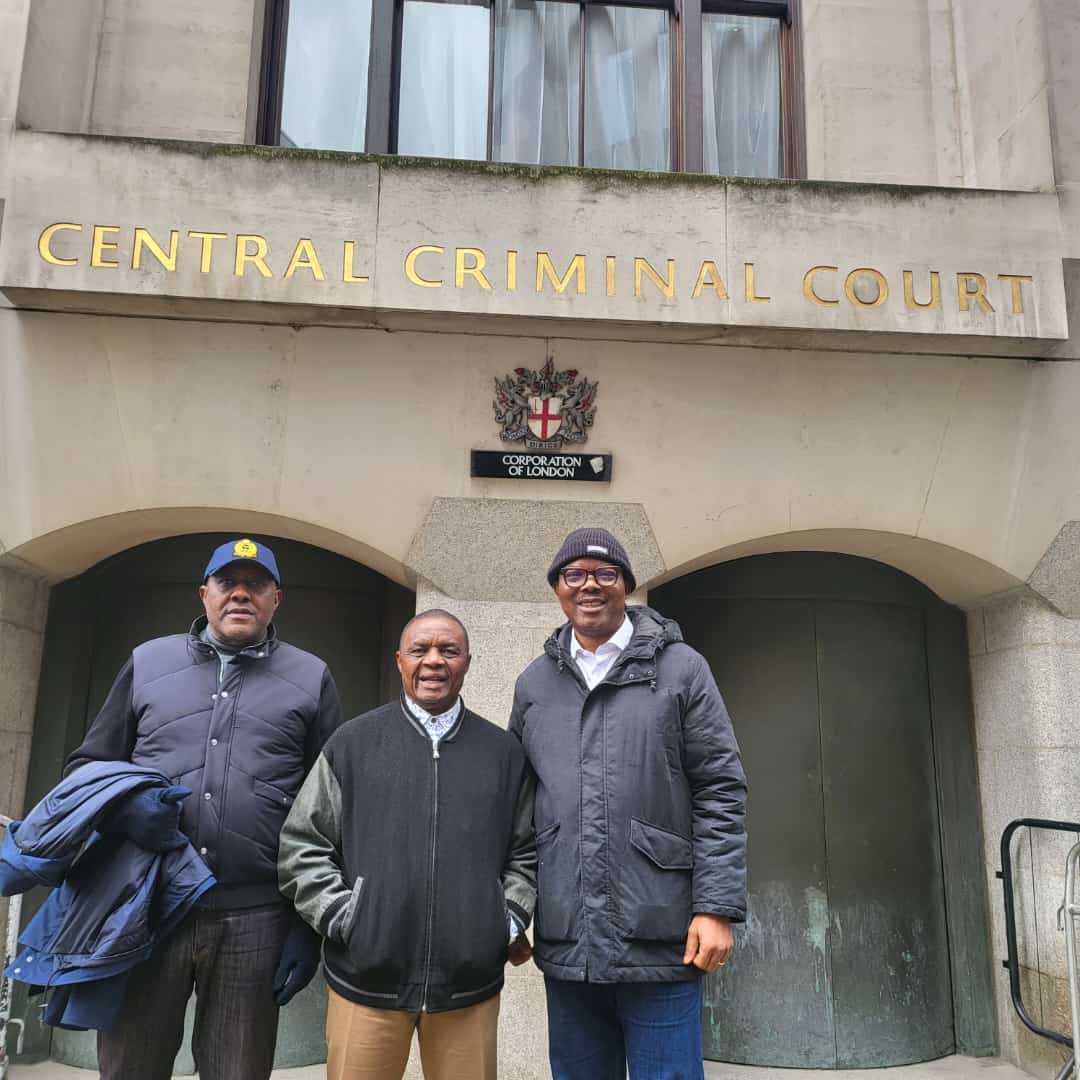Journalism ethics enjoins, and common sense upholds, the need for balance in information handling, conscious of the power and reach of information. The pursuit of balance underscores the position that access to any medium where information is shared is a privilege that carries with it enormous responsibility. But in this social media age of information overload, where democratisation of access has sidelined gate keeping, where the concerns are clicks and forwarding of ill-digested posts, where getting it first trumps getting it right, calls for balance are increasingly dismissed as old school positioning, or demonised as the stance of saboteurs.
Lately, the venom that drives inter ethnic relations is so frightening that there is utmost need to be wary lest we unwittingly stoke a descent into anarchy.
On the social media, many seem to be possessed by a spirit of restlessness that is committed to overthrowing balance in social conversations and relationships. Its victims have itchy, childish fingers that see digital tools as toys for drawing out any information that feeds their bias, and sharing it without much effort to ascertain its veracity, and with little sensitivity to their audiences. In many WhatsApp/Telegram groups today, from alumni bodies to religious and cultural groups, to clubs and associations, and professional congregations, we have people of different ethnicities, sensibilities, interests, and outlooks that it is only reasonable and decent to pause, regularly, and ask a few questions before we share whatever catches our fancy.
Careless posts, unrestrained messages, hateful assertions, and insensitive utterances are combustible ingredients that do not breed goodwill. They are known to have ignited violent conflicts that consumed many lives and properties as the examples of Bosnia, Rwanda, Kenya, and nearby Sierra Leone clearly testify. It’s also worth remembering that even here at home, the Civil War is a clear example of how ethnic tensions can degenerate when not managed well.
Advertisement
Some of these conflicts started innocuously enough that some of the dramatis personae didn’t envisage the outcomes. Yet some were deliberate and calculated. So, when one calls for restraint in what we post, it is not because one is less proud of his origins or identity, but because conflicts can be better managed without allowing them to degenerate into violence. The perceived wrongs of several generations cannot be corrected overnight with vitriolic rhetorics without severe consequences. Long-standing cherished socio-economic ties should not be irreparably destroyed overnight because we refuse to exercise restraint over the outcome of elections into public offices.
In this era of citizen journalism, where access to the digital space confers one with the toga of an overnight reporter, analyst, and commentator, there is a lot that we can borrow from the Principles of Peace Journalism, which stress the salience of peace to any sustainable development effort, emphasize the need to frame issues adequately by recognizing the diversity and complexity of conflicts, promote the need for dialogue and trust building in managing conflicts.
Flowing from the above, it is important to avoid analysing conflicts from the narrow prism of absolutes as is the current case on many discussion platforms. Such a stance sees only two opposing sides without exploring the various shades of opinion or the common ground for enduring solutions.
Advertisement
I say to our ethnic gladiators, verbal terrorists, and religious jingoists that you can not be a credible opinion leader in your group when in fact you are a crisis merchant who plays one side against the other. You cannot ignore the middle ground and expect the edifice to hold.
So, before you share the next hateful post, I commend to you the DAME Conflict-Sensitivity Test developed from a 14-month, five-city study and training programme in 2014-2016. It asks that any post, especially in seasons of great excitement as election time, be subjected to a conflict-sensitivity test, which considers the following.
1. Is it factual?
2. Is it fair to all?
3. Will it build goodwill?
4. Is it conflict-sensitive?
5. Does it tower above narrow or
pecuniary interests?
Subsumed under these questions are such considerations as why share because it is trending when you cannot establish its veracity? Why dish out what you will not accept because you imagine that you have a temporary advantage over the other side? What is the likely consequence of that angry outburst of today, tomorrow? How sincere is that point you are anxious to make? Is it in the overall interest of the community or is it driven by narrow concerns that are neither healthy nor sincere? In short, is the information disseminated the product of reason or that of haste?
Advertisement
May your next post be divinely guided.
Idowu,fnge is the supervising trustee of the Diamond Awards for Media Excellence
Views expressed by contributors are strictly personal and not of TheCable.
Add a comment







